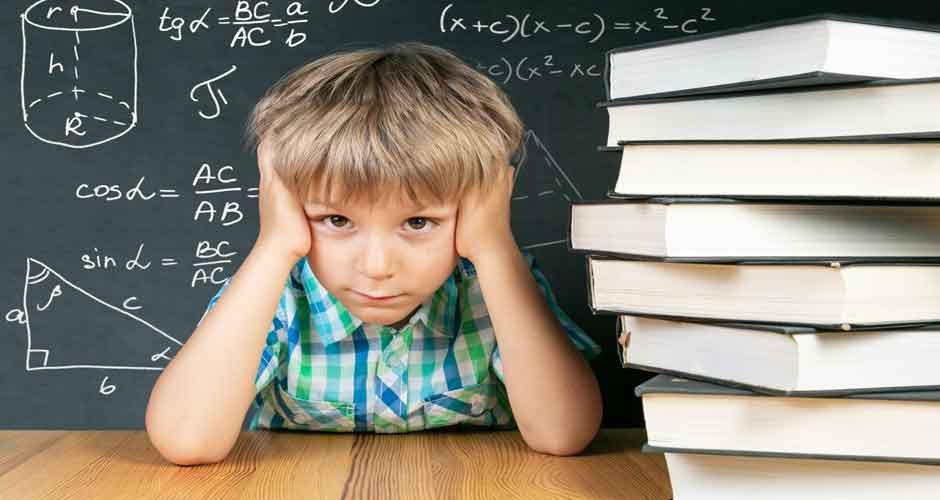In the grand narrative of life, where each day presents its own set of challenges and puzzles, math emerges not merely as an academic subject but as a vital skill set, equipping children with the tools they need to navigate the world with confidence and agility. Interestingly, the journey into understanding math often begins with an introduction to programming and coding programs for kids. This initial step into the world of algorithms and logical reasoning lays the groundwork for a deeper appreciation of math’s role in everyday life, far beyond the confines of the classroom.
The Building Blocks of Problem-Solving
Coding: The First Encounter with Mathematical Thinking
The adventure into math often starts with children learning to program. Coding programs for kids are akin to opening a treasure chest of problem-solving tools. As they learn to write code, children are unknowingly applying mathematical concepts, learning to define problems, devise solutions, and evaluate outcomes. This early encounter with logical thinking and problem-solving paves the way for a lifelong ability to tackle challenges head-on, with confidence.
Critical Thinking: Beyond Numbers
Developing a Mindset for Life’s Challenges
Math teaches children that there is often more than one way to solve a problem. This realization is crucial, not just for academic success but for life. Children learn to approach situations from different angles, weigh their options, and make informed decisions. This critical thinking ability is invaluable, whether they’re figuring out the most efficient route to school or managing their time and resources on a group project.
Confidence in Capabilities
The Power of ‘I Can’
There’s a unique sense of accomplishment that comes from solving a math problem. For children, this translates into confidence in their abilities to face and overcome challenges. Math teaches them that with effort and persistence, they can untangle complex situations. This confidence is foundational, instilling in them the belief that they are capable learners and doers, ready to face life’s hurdles with a positive, “I can” attitude.
Financial Literacy: The Currency of Independence
Math in the Marketplace
One of the most practical applications of math in everyday life is in managing finances. From budgeting allowances to understanding the concept of savings and investments, math equips children with the financial literacy necessary for personal independence and responsibility. As they grow, this understanding becomes crucial in making wise financial decisions, from college loans to retirement savings.
Logical Reasoning: The Compass for Decision Making
Navigating Life’s Choices
Math enhances logical reasoning, teaching children to follow a sequence of steps to arrive at a conclusion. This skill is invaluable in decision-making processes throughout life, from evaluating the pros and cons of a decision to understanding the implications of actions. It’s the compass that guides them through the murky waters of complex choices, ensuring they remain oriented towards their goals and values.
Time Management: The Equation of Productivity
Balancing Life’s Variables
Understanding math helps children grasp the concept of time and its management—a critical skill in today’s fast-paced world. Math teaches them about deadlines, the importance of pacing in tasks, and how to allocate time efficiently. These skills are crucial not only in academic settings but in personal and professional life, where balancing multiple responsibilities becomes a daily necessity.
Spatial Awareness: Mapping the World
Geometry in Everyday Life
Spatial awareness, a skill honed through geometry, plays a crucial role in understanding and interacting with the physical world. From reading maps to arranging a room, the ability to visualize spaces and their dimensions aids children in numerous day-to-day activities. This skill also fosters creativity and innovation, essential traits in fields ranging from architecture to art.
Conclusion
Mathematics, with its myriad of applications, from coding to financial literacy, critical thinking to time management, is a cornerstone in the development of children prepared to lead productive and fulfilling lives. By learning math, children gain more than just the ability to solve equations; they acquire a toolkit for life, equipped to navigate the complexities of the modern world with confidence, resilience, and a problem-solving mindset. As we guide our children through their educational journey, let us emphasize the vast horizons math opens up, encouraging them to explore, learn, and apply these skills in every facet of their lives.






